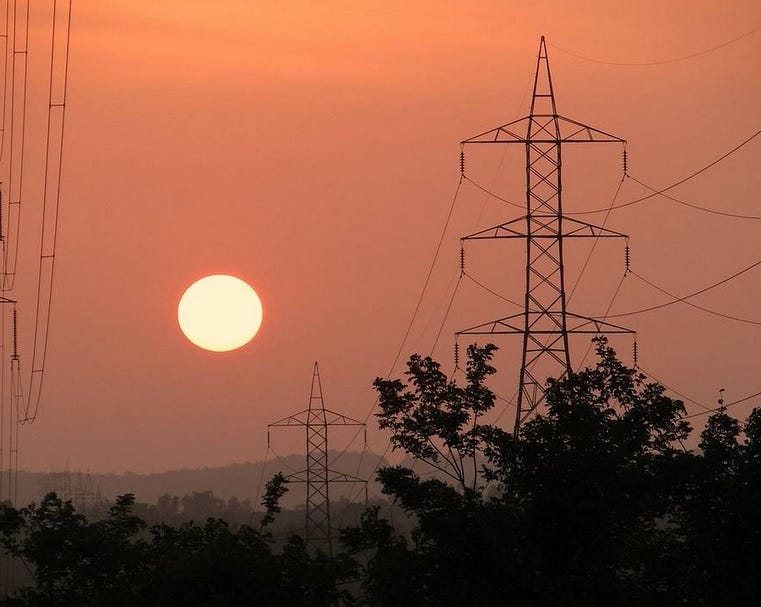
In magazines like Mother Jones and Sierra Club, environmentalists who aim to reduce harmful impacts to public health, wildlife habitats and climate systems propose “electrifying everything.”
I don’t get it.
Already, most of our food, shelter, communications and transportation systems depend on electricity. Replacing vehicles, stoves, heaters, water heaters and money (mining bitcoin) with electric ones would require massive expansion of the power grid. We’d have to manufacture lots of new appliances and vehicles (and discard old ones). We’d have to manufacture and operate more substations, generators, transformers, power lines, appliances, circuit boards and batteries. Their manufacturing would require more fossil fuels, more rare earth elements, more water, more smelting and refining, more hazardous chemicals and more international shipping. It would generate more toxic waste and more electromagnetic radiation.
So would adding artificial intelligence (AI), solar PV, wind and battery systems to our technosphere. Electrifying everything would also require expanding telecommunications: more satellites, cell sites, data storage centers and computers.
Given power outages’ increasing frequency, increasing our dependence on electricity now…makes no sense.
What are our goals again?
To reduce harms to nature: to reduce harms to public health, wildlife habitats and climate systems. To keep power reliable and safe.
Electrifying everything cannot accomplish these goals.
To reduce harms to nature, we need to manufacture less, consume less and significantly limit new infrastructure. We need liability-carrying subject-matter experts to evaluate every product’s ecological impacts from cradle-to-grave.
To keep power reliable and safe, we need engineers in charge of the grid.
To reduce demands
I understand that using fossil fuels increases global temperatures and severe weather conditions. Electricity, usually powered by natural gas or coal, accounts for roughly 20% of global energy consumption. Transportation (of people and goods), run largely on petroleum, accounts roughly for 25%.
…click on the above link to read the rest of the article…